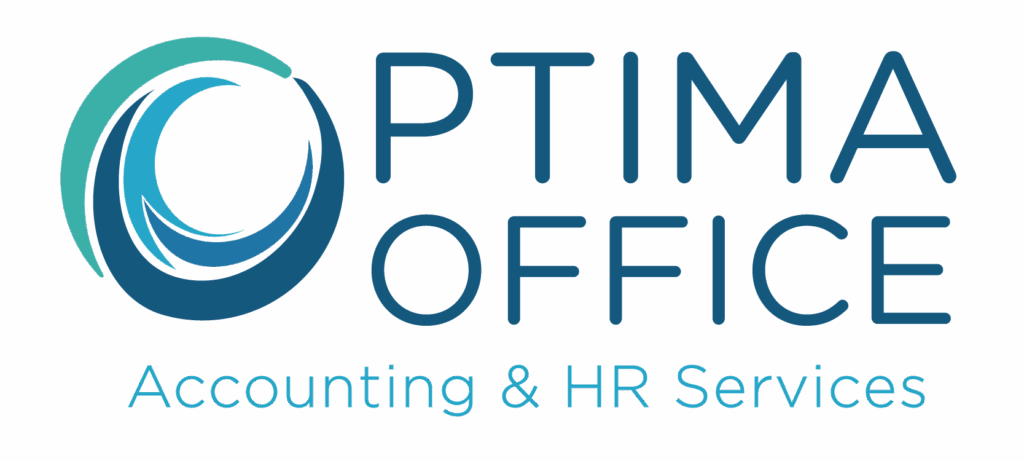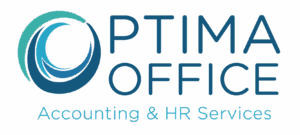Managing finances in a growing business can be complex and time-consuming. Outsourced accounting offers a strategic solution, enhancing efficiency, accuracy, and scalability. In this article, we’ll explore how outsourcing your accounting can benefit your business and whether it’s the right fit for you.
Why Consider Outsourced Accounting for Your Business
Outsourced accounting involves delegating accounting tasks to an external firm or service provider. This allows you to manage financial responsibilities like payroll, tax preparation, and bookkeeping without maintaining a full in-house team.
Sound familiar? Businesses are choosing outsourcing to offload critical financial tasks. This shift lets them zero in on operational efficiency and core activities.
Understanding the Basics of Outsourced Accounting
What does outsourced accounting cover? Typically, it includes managing payroll, tax computations and filings, and precise, up-to-date bookkeeping. The advantage? Access to skilled professionals using proven methods to keep your financials solid.
● Predictable Budgeting: Avoid the need for a specialized in-house team.
● Expertise on Demand: Benefit from veteran insights without full-time salaries.
Having these tasks managed externally can make budgeting more predictable.
Key Benefits of Outsourced Accounting Services
Outsourced accounting services offer significant advantages for businesses aiming to optimize financial management. These benefits go beyond cost savings and provide access to a team of knowledgeable professionals, allowing you to concentrate on your core business operations.
Cost Reduction: Outsourcing reduces expenses by reducing the need for full-time staff, office space, and associated benefits. You pay only for what you need.
Access to Expertise: External accounting firms provide specialized knowledge and experience that your current team may lack. Approximately 59% of U.S. businesses outsource to cut costs and gain specialized skills.
Focus on Core Activities: With outsourcing, you can focus your energy on driving the business forward, free from administrative burdens.
Scalability: Outsourcing offers flexibility to adjust services as your business grows, eliminating the hassle of hiring or downsizing staff.
Outsourcing or In-House Accounting: What’s Best for You?
When deciding between outsourcing and in-house accounting, the choice can have a major impact on your organization’s financial health. Let’s explore the dynamics of both to guide your decision. Below is a quick comparison:
Costs
Outsourcing: Often more cost-effective due to shared resources.
In-House: Includes salary, benefits, and overhead expenses.
Expertise
Outsourcing: Access to diverse financial experts.
In-House: Limited to the team you hire directly.
Security
Outsourcing: Vendor uses advanced security protocols.
In-House: Control of sensitive data stays within the organization.
Scalability
Outsourcing: Easily adjusts to your business needs.
In-House: Requires time and effort to scale up staff.
Many feel a stronger sense of control with an in-house team. You’re directly managing the accountant but must ensure you hire the right talent to avoid costly errors.
Outsourcing doesn’t mean less security. Providers adhere to strict security standards, often better than an internal IT setup can. This partnership offers peace of mind without losing control.
Ultimately, choosing between in-house and outsourcing depends on balancing cost, expertise, security, and control.
Managing Costs and Enhancing Profitability through Outsourcing
Outsourcing significantly impacts profitability by eliminating overhead costs tied to in-house accounting. This leads to direct savings and enhances financial management with professional guidance, resulting in smarter financial decisions and increased profitability.
Direct Savings: Cut costs related to salaries, training, and office infrastructure.
Profit Amplification: Financial health monitored by experienced professionals positions businesses to make data-driven decisions that boost profitability.
Outsourcing accounting services not only aids in effective cost management but also enhances overall financial strategy. The rise of financial technology trends offers an opportunity for integration with outsourced services.
How to Choose the Right Outsourced Accounting Partner
Choosing the right outsourced accounting partner is about securing a strategic asset for your business. It’s more than just number-crunching; it’s about aligning with a partner who meets your unique business needs.
Industry Experience: Ensure the firm has experience in your field. Whether in retail, technology, or manufacturing, they should understand your financial challenges and compliance needs.
Technological Capabilities: Seek partners who are adept with modern accounting software. This ensures accuracy and provides insights from real-time analytics, enhancing strategic decision-making.
Client Service Levels: Gauge their commitment to proactive communication. Prioritize partners who offer timely responses and personalized service. A dependable account manager is a significant advantage.
4 Steps to Transition to Outsourced Accounting Successfully
Transitioning to outsourced services can be seamless with the right approach:
1. Define Expectations: Clearly state the services expected and align on benchmarks and goals upfront. This solidifies the partnership’s foundation.
2. Maintain Open Communication: Frequent updates ensure clarity and allow early issue resolution.
3. Prepare Your Team: Ensure your team understands new workflows and tools. This eases the transition and reduces potential friction.
4. Implement Gradually: Phase the transition to minimize disruption. Start with a few services, allowing room for adjustments.
Frequently Asked Questions
1. Is outsourced accounting a cost-effective choice?
It can be cheaper than maintaining an in-house team. You pay only for the services you use, helping to control costs and save on payroll and infrastructure.
2. How safe is my data with an outsourced service?
Trustworthy outsourced accounting firms focus on data security, using advanced encryption and secure server protocols. They comply with financial regulations, protecting your financial data from unauthorized access.
3. Will outsourcing accounting yield a good ROI?
Yes, ROI often stems from savings and better financial insights. Access to expert financial management can lead to informed decisions that promote profitability and growth.
4. How can outsourced accounting benefit my business?
● Expert Financial Guidance: Access specialized support tailored specifically for nonprofit financial needs.
● Cost-Effective Solutions: Hiring a single, outsourced financial team typically costs less than maintaining multiple full-time employees.
● Audit Confidence: Regular, professional oversight helps you maintain accuracy and transparency. Avoid surprises during audits.
5. How does job costing benefit construction companies, for example?
● Accurate Expense Tracking: Record costs by specific projects for better financial control.
● Improved Profitability Insight: Understand which jobs are profitable and identify areas for efficiency improvement.
● Budget Management: Plan for upcoming projects with clear, data-driven insights.
6. Why choose outsourced accounting over in-house staff?
● Expertise Across Industries: Access knowledgeable teams for diverse financial challenges.
● Flexibility and Scalability: Easily adjust service levels according to changing business needs.
● Cost Savings: Reduce overhead by paying for services only when needed, eliminating full-time benefits costs.
What You Should Keep in Mind About Outsourced Accounting
Outsourced accounting is a strategic solution for businesses looking to enhance financial efficiency, reduce costs, and gain access to expert financial management. By outsourcing, companies can streamline operations, improve profitability, and scale seamlessly without the burden of maintaining an in-house team. Whether you’re a growing startup or an established business, partnering with the right outsourced accounting provider can help you focus on what matters most—driving growth and success.



